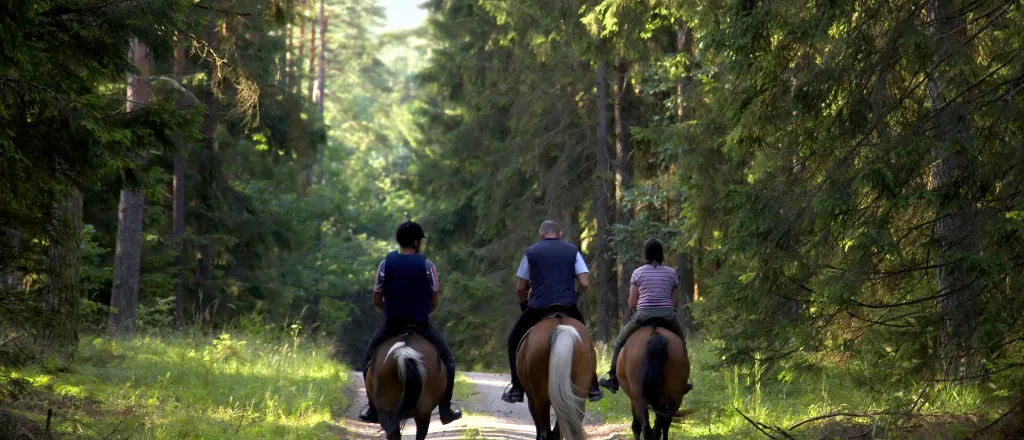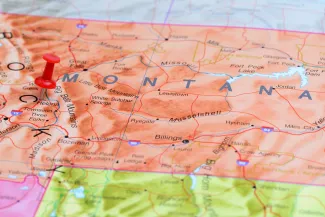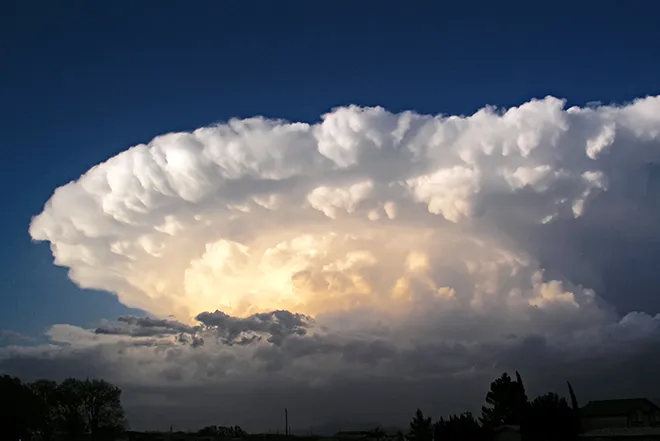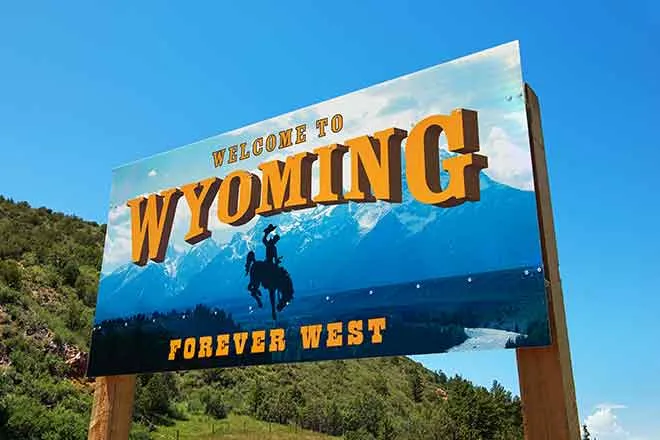
Conservation coalition: Management plan would 'degrade' Idaho, Montana forests
© amaxim - iStock-144283539
Click play to listen to this article.
(Northern Rockies News Service) A coalition of groups are criticizing plans for managing about 4 million acres of national forest lands in Idaho and Montana.
Conservation groups in the region, as well as the Nez Perce Tribe, have submitted their objections to the Nez Perce-Clearwater National Forests Land Management Plan from the U.S. Forest Service.

Nick Gevock, Northern Rockies field organizer for the Sierra Club, said the plan would expand the land available for clear-cutting.
"This is really a debate about the highest and best use of these lands," Gevock explained. "This would degrade hundreds of thousands of acres of prime wildlife habitat."
Gevock noted hunting and angling groups have also expressed criticism about the plan because of its effects on wildlife. The Forest Service said the focus on timber harvest is to reduce fuel for wildfires in the forest. The agency is processing feedback and expected to finalize its plan this summer.
Jeff Juel, forest policy director for Friends of the Clearwater, said harvesting more of the forest will exacerbate climate change, taking away trees that naturally sequester carbon. He argued it would also harm endangered species in the region.
"Take for example species that are on the Nez Perce-Clearwater National Forests," Juel outlined. "The wolverine, the Canada lynx, Chinook salmon, steelhead and grizzly bears, which are slowly trying to make their way back from adjacent areas, especially in Montana and farther north in Idaho."
Gevock added the coalition is concerned, considering the plan will drive management in the region for the next 20 to 30 years.
"It's a really diverse group just coming out and saying this type of management plan is not acceptable in 2024," Gevock stressed. "We need to more thoroughly consider the needs of wildlife and the people who love wildlife."
















